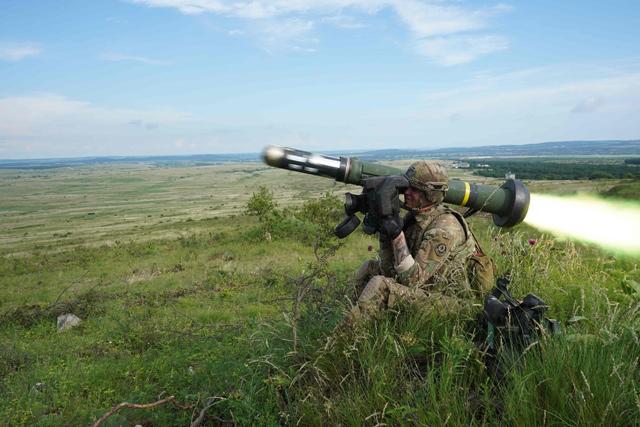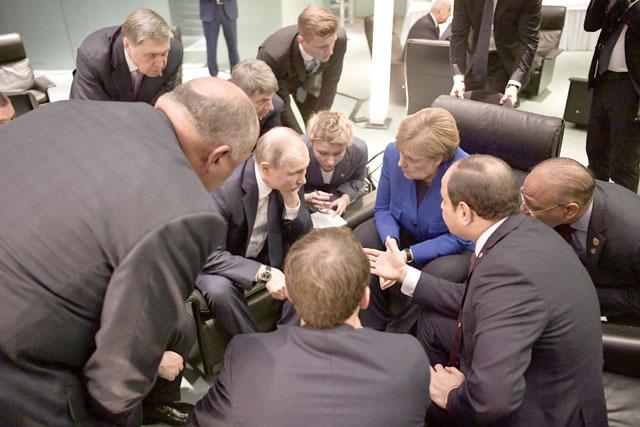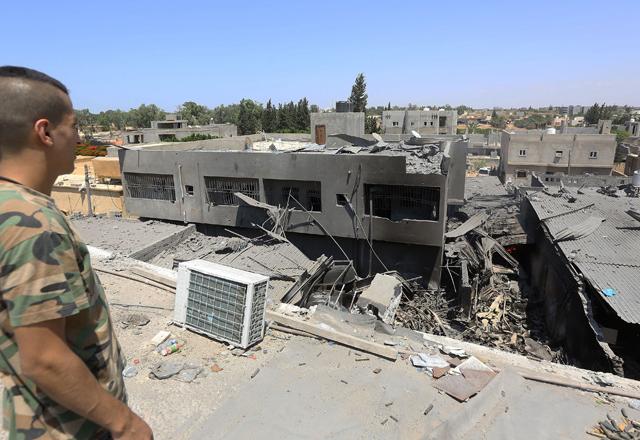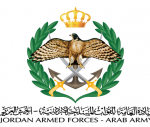You are here
Paris says its missiles found on pro-Haftar base in Libya
By AFP - Jul 11,2019 - Last updated at Jul 11,2019
PARIS — France said Wednesday its missiles had been found at a Libyan base used by forces loyal to strongman Khalifa Haftar, in an embarrassing admission that raises fresh questions about its role in the conflict.
Confirming a report in the New York Times, a defence ministry statement said the US-made Javelin missiles discovered in June at a camp south of Tripoli had been purchased by France.
But it denied supplying them to Haftar in breach of a UN arms embargo, saying French forces operating in the war-torn country had lost track of them after they were judged to be defective.
“Damaged and out-of-use, these weapons were being temporarily stocked in a warehouse ahead of their destruction,” it said. “They were not transferred to local forces.”
The anti-tank missiles, worth $170,000 (150,000 euros) each, were seized when forces loyal to the UN-recognised government in Tripoli overran the pro-Haftar base in Gharyan, 100 kilometres south of Tripoli.
Three of them were shown to journalists, including AFP reporters, on June 29
The French ministry statement did not explain how the missiles were lost and the find is likely to boost suspicions that Paris is backing Haftar on the ground.
“These weapons were for the protection of forces undertaking intelligence and counter-terror missions,” the French statement said.
Claudia Gazzini, senior Libya analyst at the International Crisis Group, an NGO, said the town of Gharyan had in the past housed facilities for obsolete weapons.
But there were unanswered questions about whether French troops were present when the base was overrun, she said.
“The French need to clarify in greater detail,” she told AFP. “The open question is whether or not they are actively supporting Haftar’s forces in their offensive on Tripoli.”
Haftar’s opponents have branded him a warlord and dictator-in-the-making, but the military strongman is backed by some Western and many regional countries as a bulwark against Islamist groups.
On April 4, he launched an offensive on the Libyan capital seeking to overthrow the government of Prime Minister Fayez Al Sarraj.
The fighting has claimed at least 1,000 lives and displaced tens of thousands of people.
Jalel Harchaoui, an expert on Libya at the Clingendael Institute, a Netherlands-based think-tank, recalled the deaths of three French forces who were working alongside Haftar’s troops in 2016.
The French defence ministry statement “has no credibility,” he told AFP.
French presence
France under President Emmanuel Macron has publicly denied taking sides in the conflict and has called for a UN arms embargo to be enforced.
The Libyan conflict has drawn in a range of regional and international actors and the country is awash with foreign weaponry despite the UN embargo.
“Before, the violations were happening but people were still cautious,” Gazzini told AFP. “But now it is quite the contrary. There is no shame in boasting about the arrival of new equipment.”
The UN-recognised government in Tripoli headed by Sarraj controls a much smaller section of territory around Tripoli in the west and draws support from Turkey, Qatar and Italy, analysts say.
In May, the government posted pictures showing the arrival of Turkish BMC Kirpi armoured vehicles at Tripoli port.
France’s role has caused tensions.
Macron threw himself into diplomatic efforts to resolve the conflict after his election in May 2017, seeing the instability as a major security worry and a source of migration to Europe.
He invited Haftar and Sarraj to a peace conference in Paris in 2017 which was seen as giving the commander international legitimacy for the first time.
Libya descended into chaos after a 2011 uprising and NATO-backed military campaign against late dictator Muammar Qadhafi.
Related Articles
BENGHAZI, Libya — Khalifa Haftar has threatened to attack Turkish interests and accused Ankara of backing his rivals after he suffered a maj
BERLIN — World leaders committed on Sunday to ending all foreign meddling in Libya's war and to uphold a weapons embargo at a Berlin summit,
TRIPOLI — Libya’s military strongman Khalifa Haftar launched an offensive three months ago to seize the capital, the seat of the internation




















